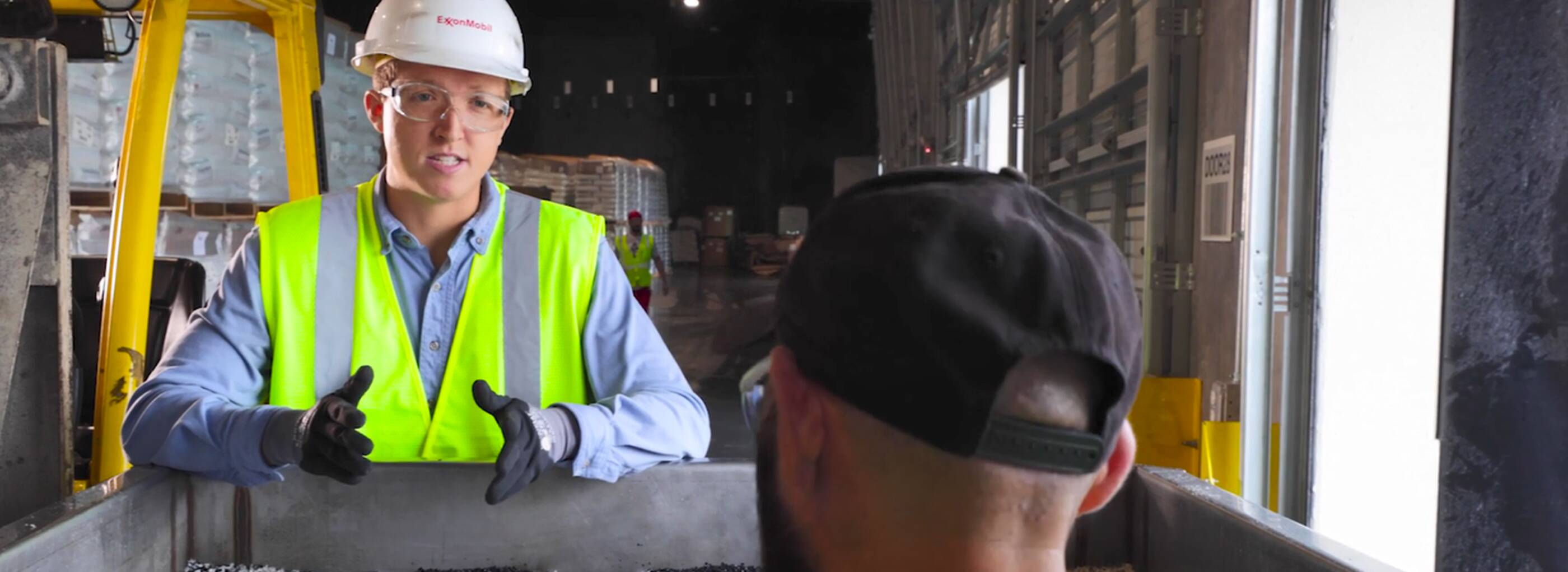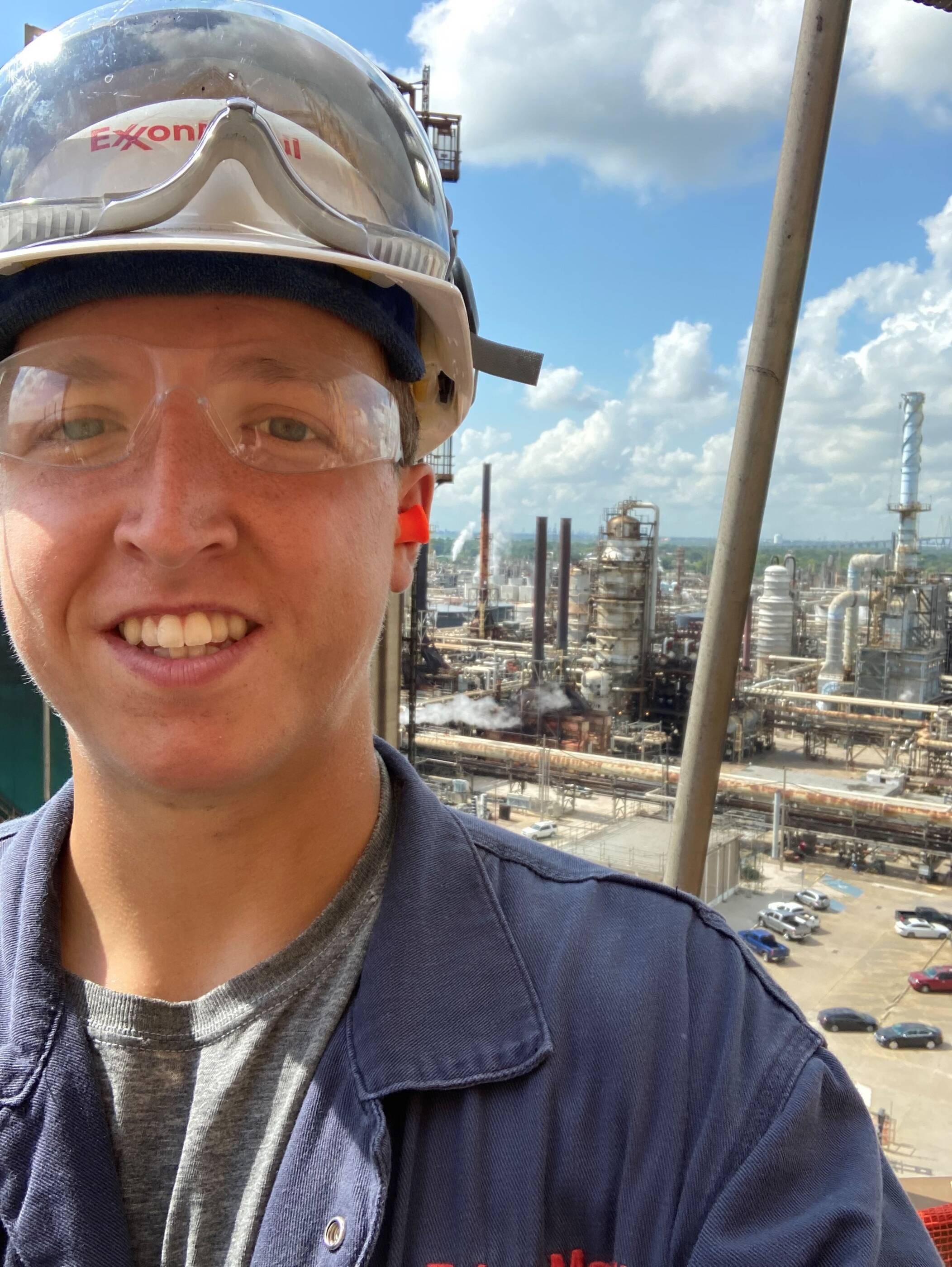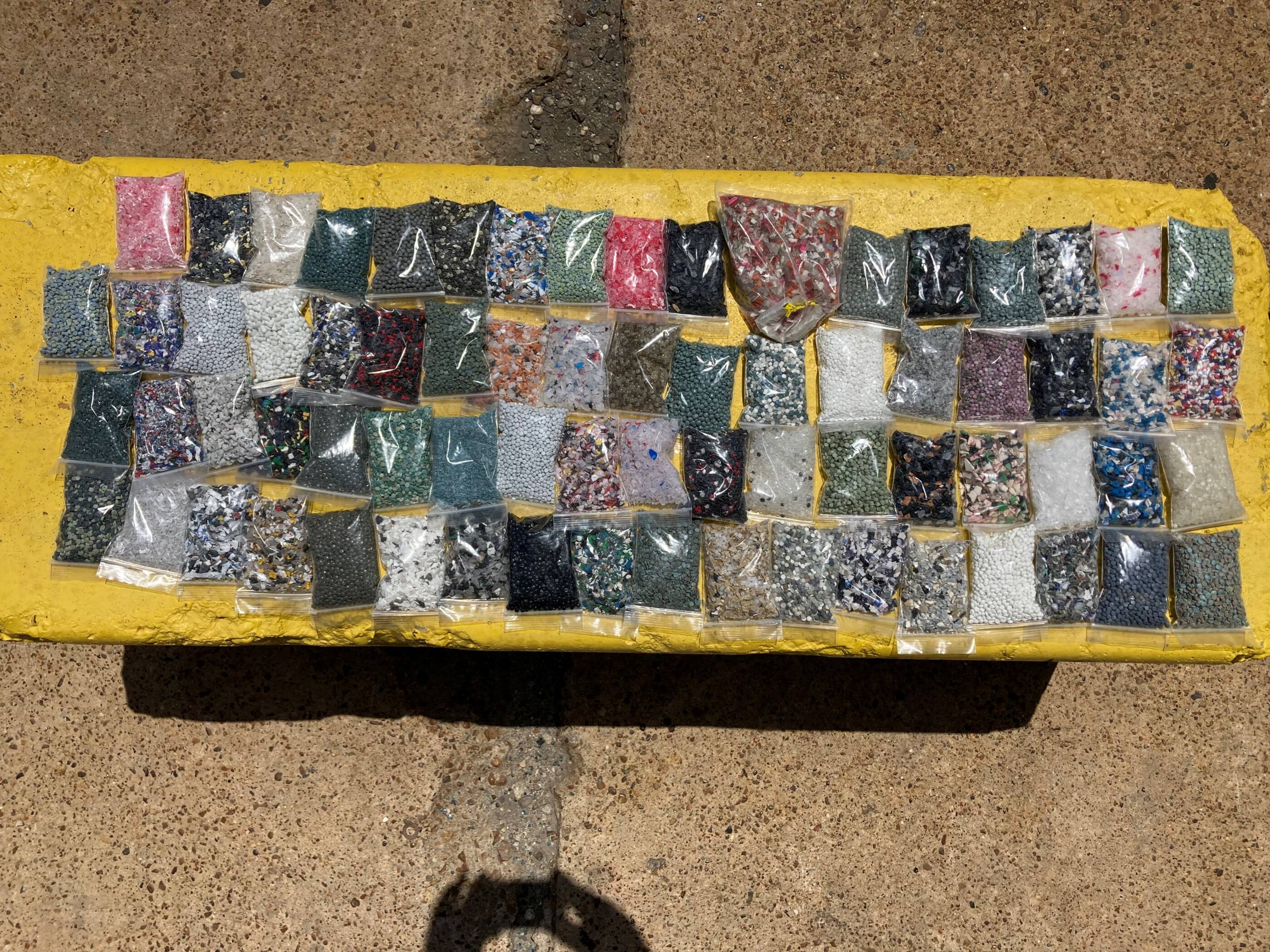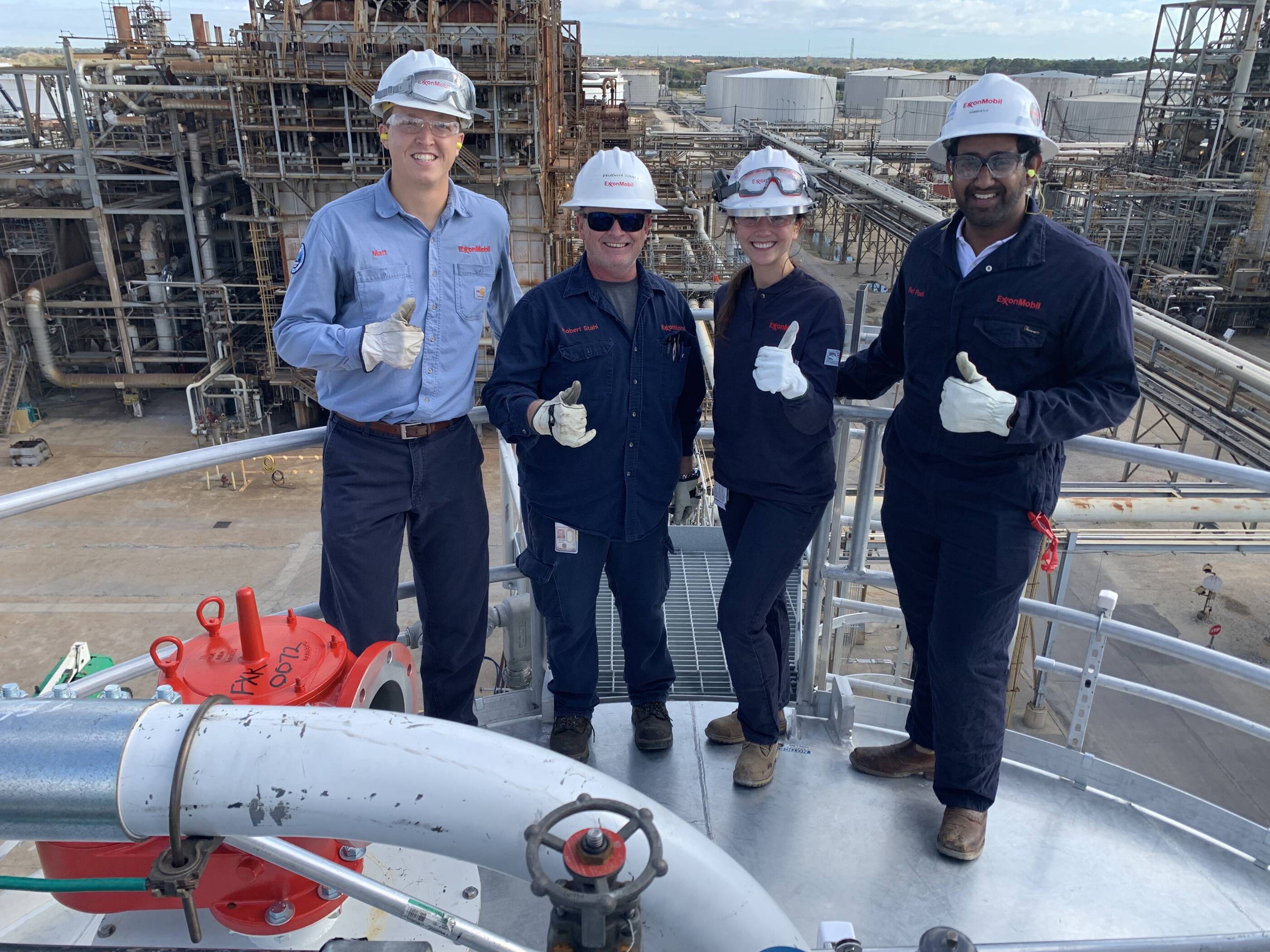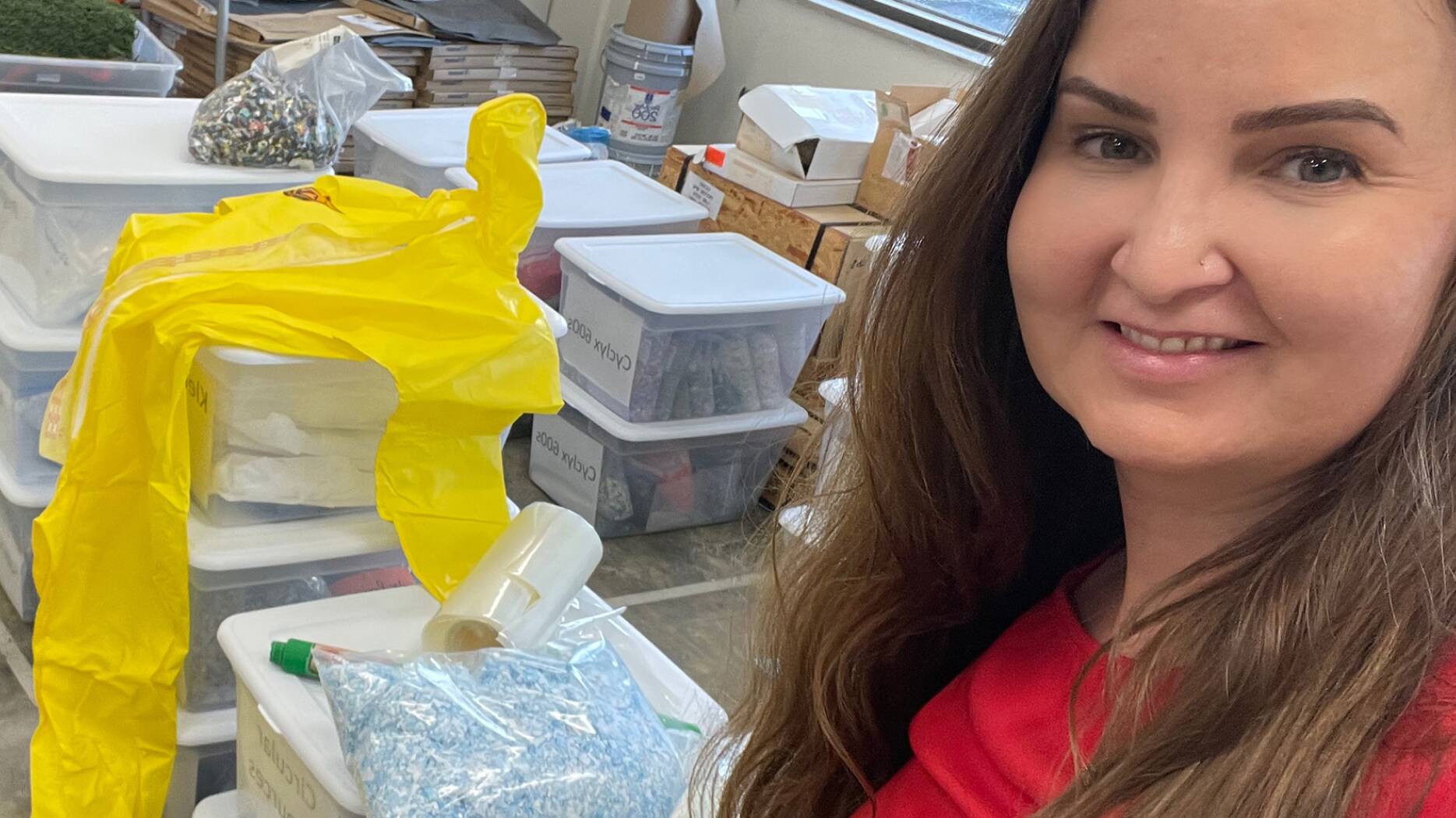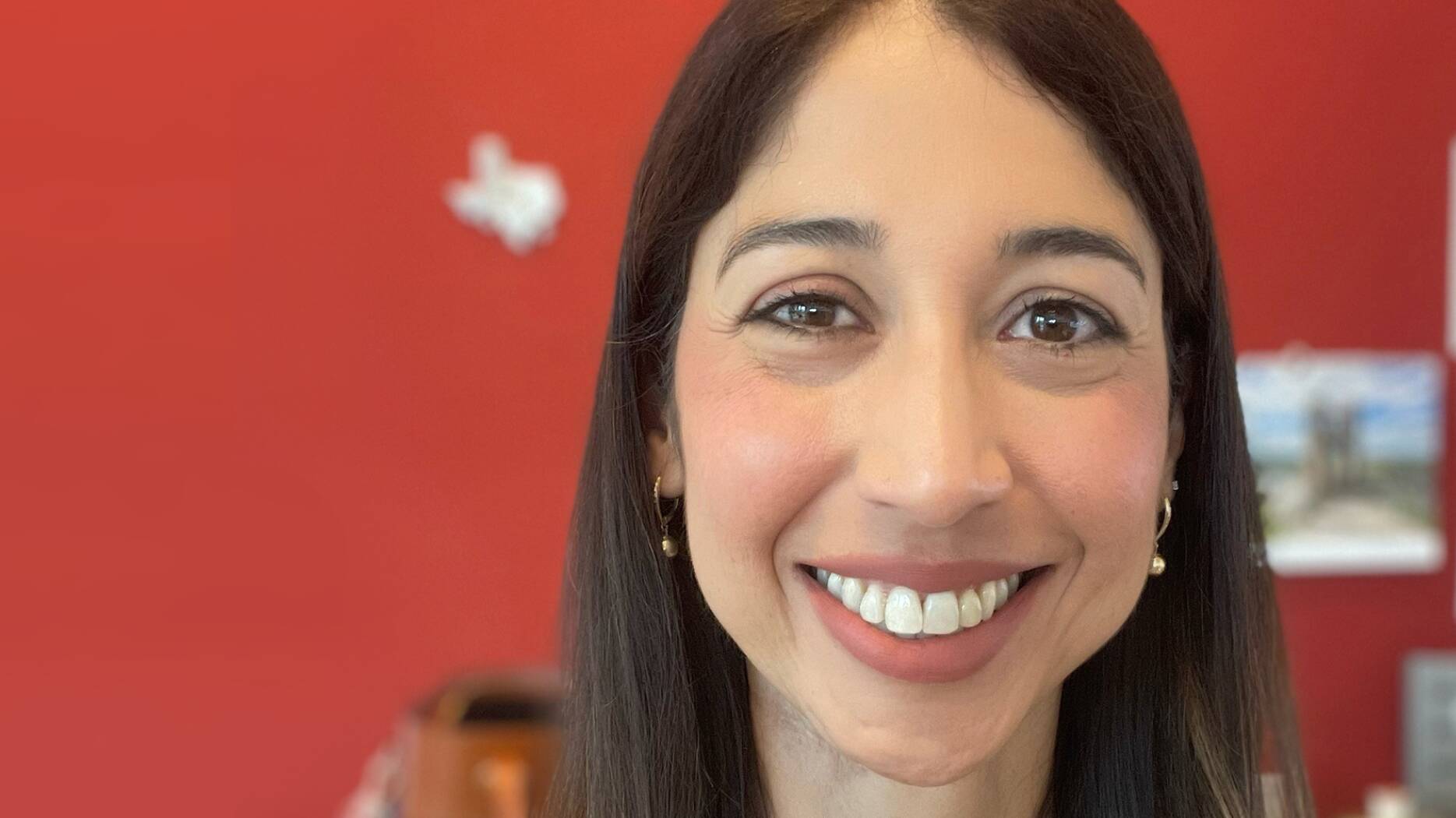selected item
Unlocking the potential of advanced recycling: Matthew McConomy
I graduated in 2020 with a master’s degree in chemical engineering. I’ve always liked taking on and figuring out difficult problems, and I knew I wanted to work on solutions that would have a positive, long-term impact. Somehow, in the midst of the pandemic, I secured my dream job at one of the largest chemical companies in the world: ExxonMobil. To my surprise, my very first role at the company was focused on a new technology called advanced recycling, helping to develop new systems that could change the way plastics are recycled around the world.
The process itself is complex, but the goal is simple: We’re trying to improve the life cycle of plastics by creating new products from used plastic – in ways we’ve never done before.
When I joined, the company was just taking advanced recycling from the R&D stage – in the lab – and out into the field. I started my career as a field engineer working with equipment at our Baytown, Texas, complex, and my chemical engineering background was a good fit for this new project.
Over the last year and a half, I gained so much experience and knowledge that now I’m proud to say I have the opportunity to lead and help shape the future of the program.
Many people are familiar with the processes involved in mechanical recycling. The technology has existed, with some recent enhancements, for more than 50 years. But in an advanced recycling facility, we’re linking equipment in new ways and figuring out how to recycle plastics that society is not recycling today. So there is a lot to learn.
Nobody has designed a facility that looks quite like ours does, or recycled plastics in the way we’re doing it. When we see something not going as planned, such as plastic not flowing correctly through the line, there’s no textbook that you can consult. We have to rely on our knowledge of chemistry and the equipment we’re using to create new solutions.
As a chemical engineer, I love the challenge.
At our facility in Baytown, where we have already processed more than 11 million pounds of plastic waste, ExxonMobil is developing advanced recycling technology. And the lessons we are learning here can be deployed in facilities around the world.
That’s always in the back of my mind – that long-term focus: How can we create best practices here in Baytown that our colleagues around the world can leverage at their sites?
Everything we’re doing has a long-term impact. If my team and I are redesigning something, can it be redesigned that way in advanced recycling facilities across the globe? I think that mindset can be found across our teams, and it’s motivating to come to work every day knowing that you’re going to have to work hard and push the envelope on new technologies.
We’re trying to do all of this as quickly and safely as possible, because we all understand the urgency.
Plastics going to a landfill – instead of being used to create new products – is a waste of valuable resources. I always think, if I drink out of a water bottle, it may take me one minute to consume that water. But is that bottle going to a landfill afterward? Or is it going to be remade into something useful?
We don’t think about that when we’re using plastics or other materials in our everyday lives, but we should. That’s one of the reasons I’m so passionate about the work we do – we get to make a difference.
Working in advanced recycling is an opportunity I feel incredibly fortunate to be a part of. I get to be part of a team and a company – and at such an early stage in my career – that’s improving plastics recycling capabilities and working to make the world a better place. That’s the best part of my work.
Explore more
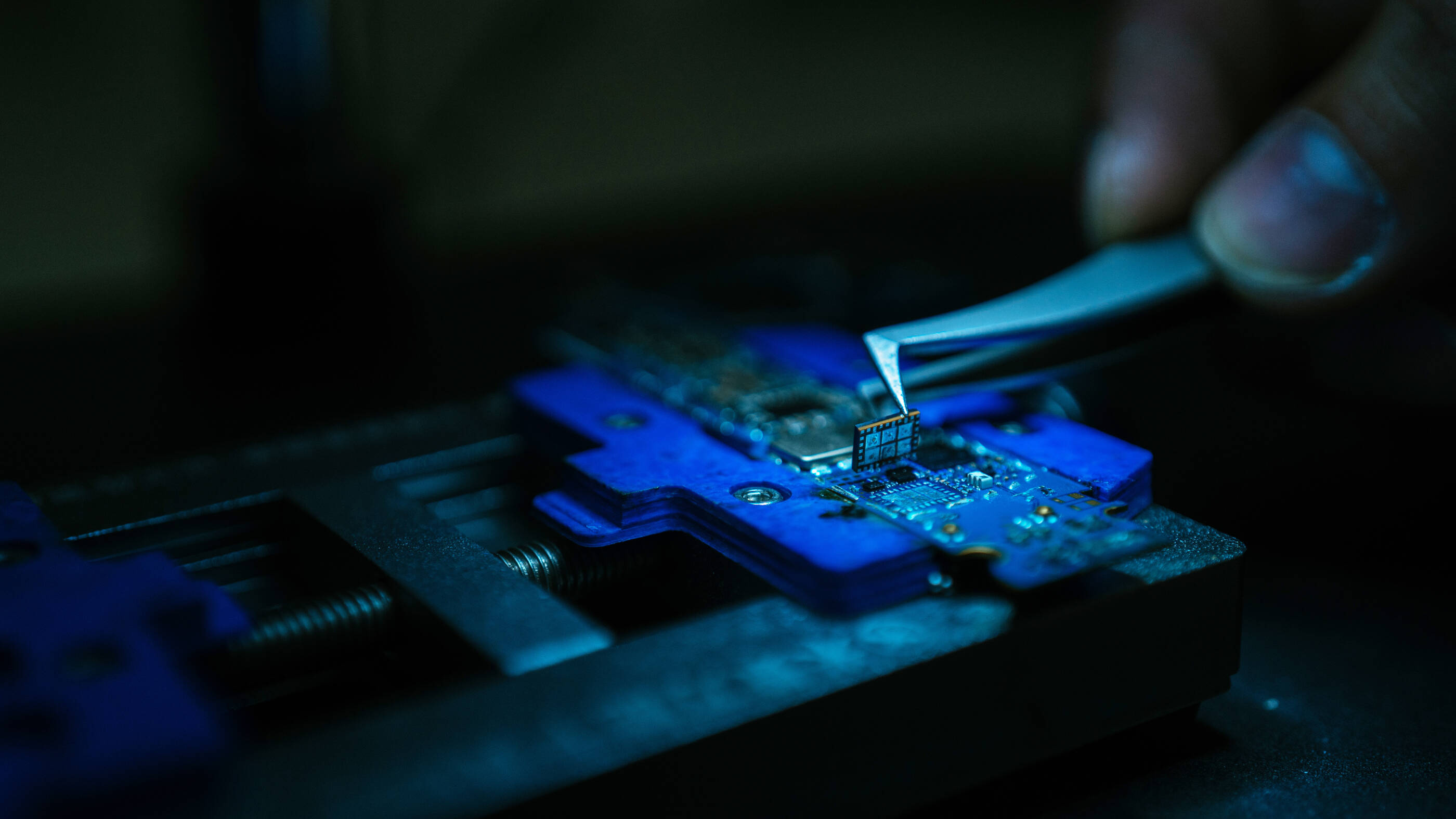
ExxonMobil’s high-purity solvent to support next generation of tech manufacturing
3 min read
•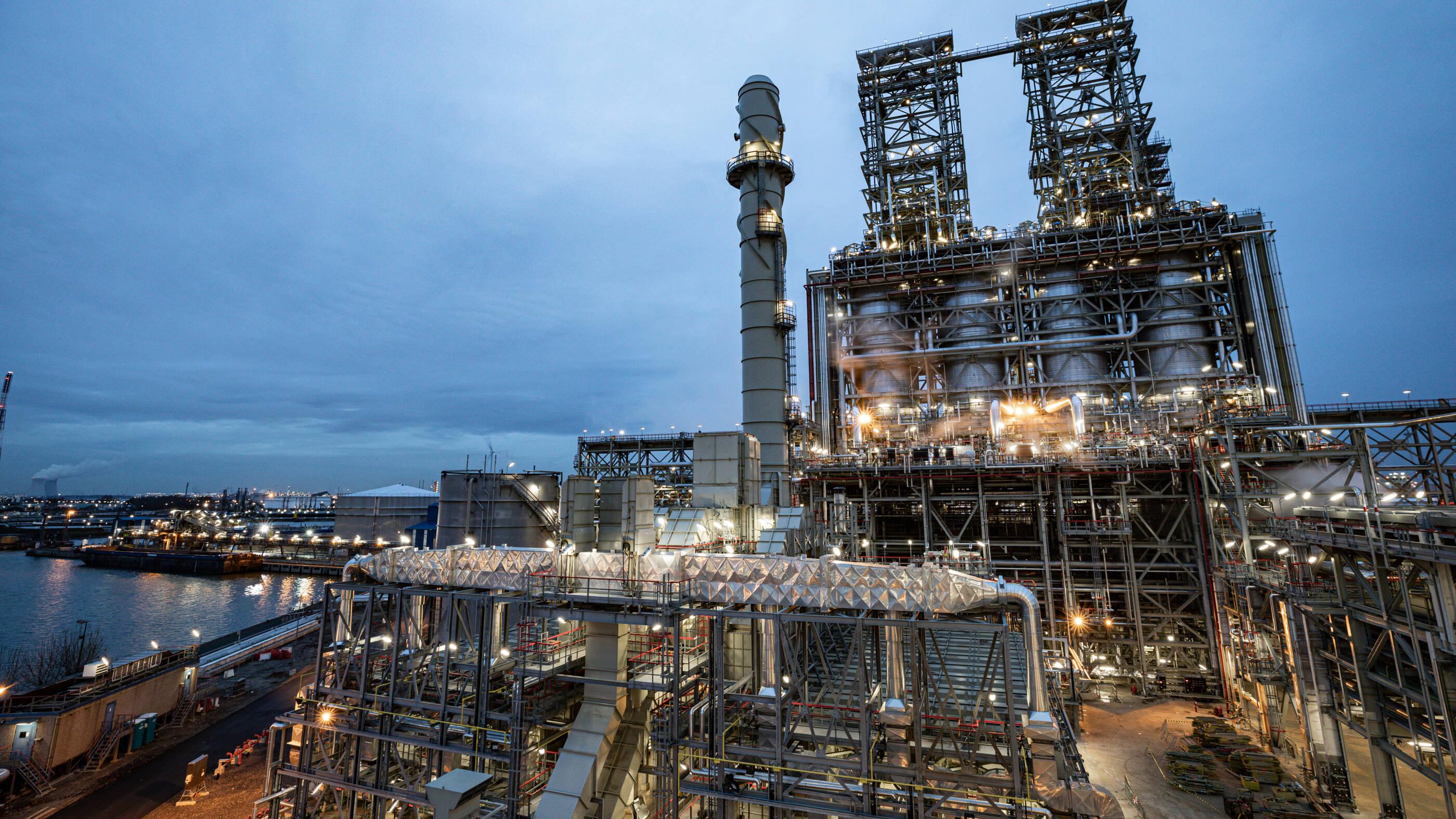
The policy keys to unlocking a European industrial comeback
2 min read
•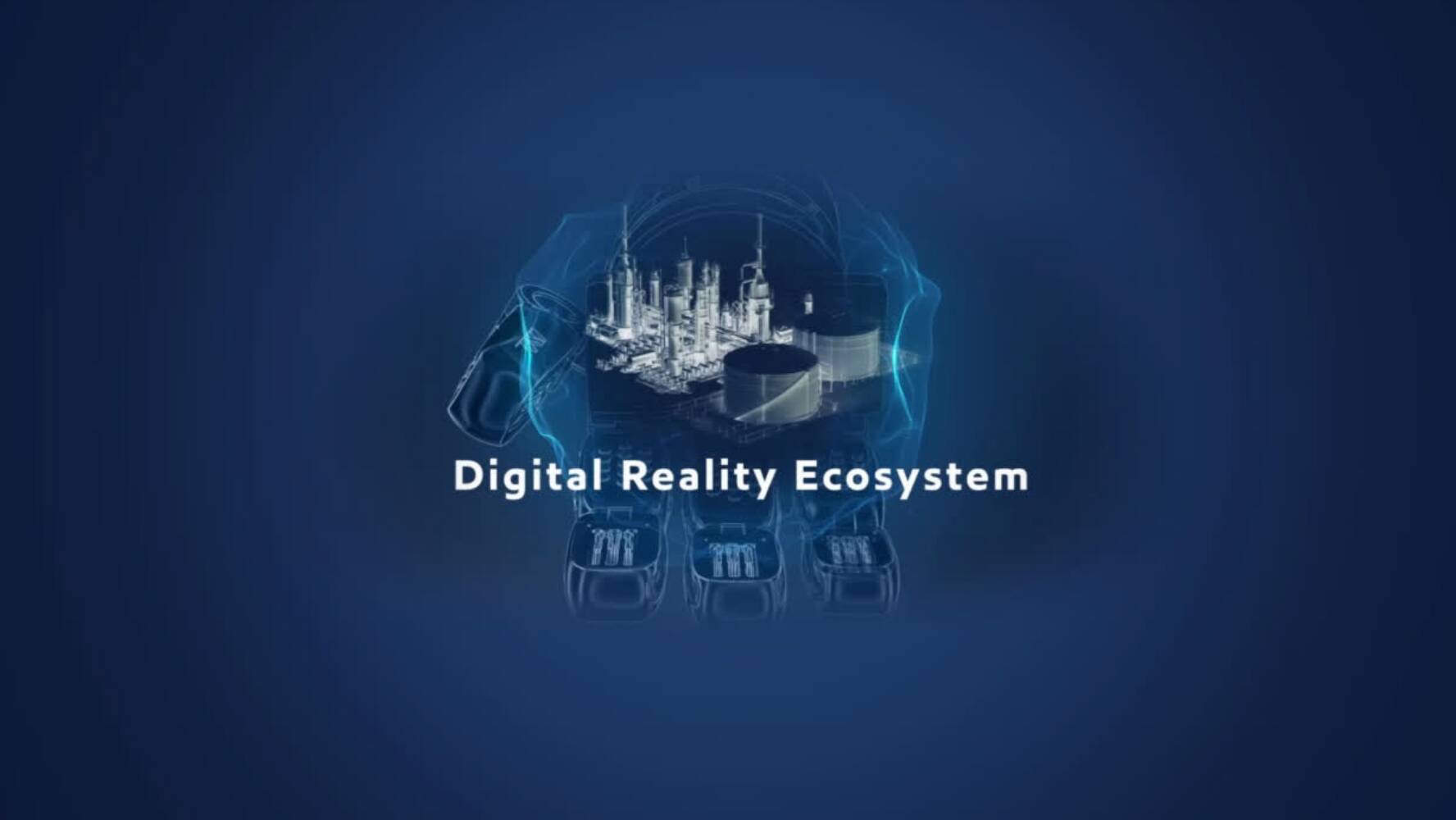
Turning turnarounds into a competitive advantage
3 min read
•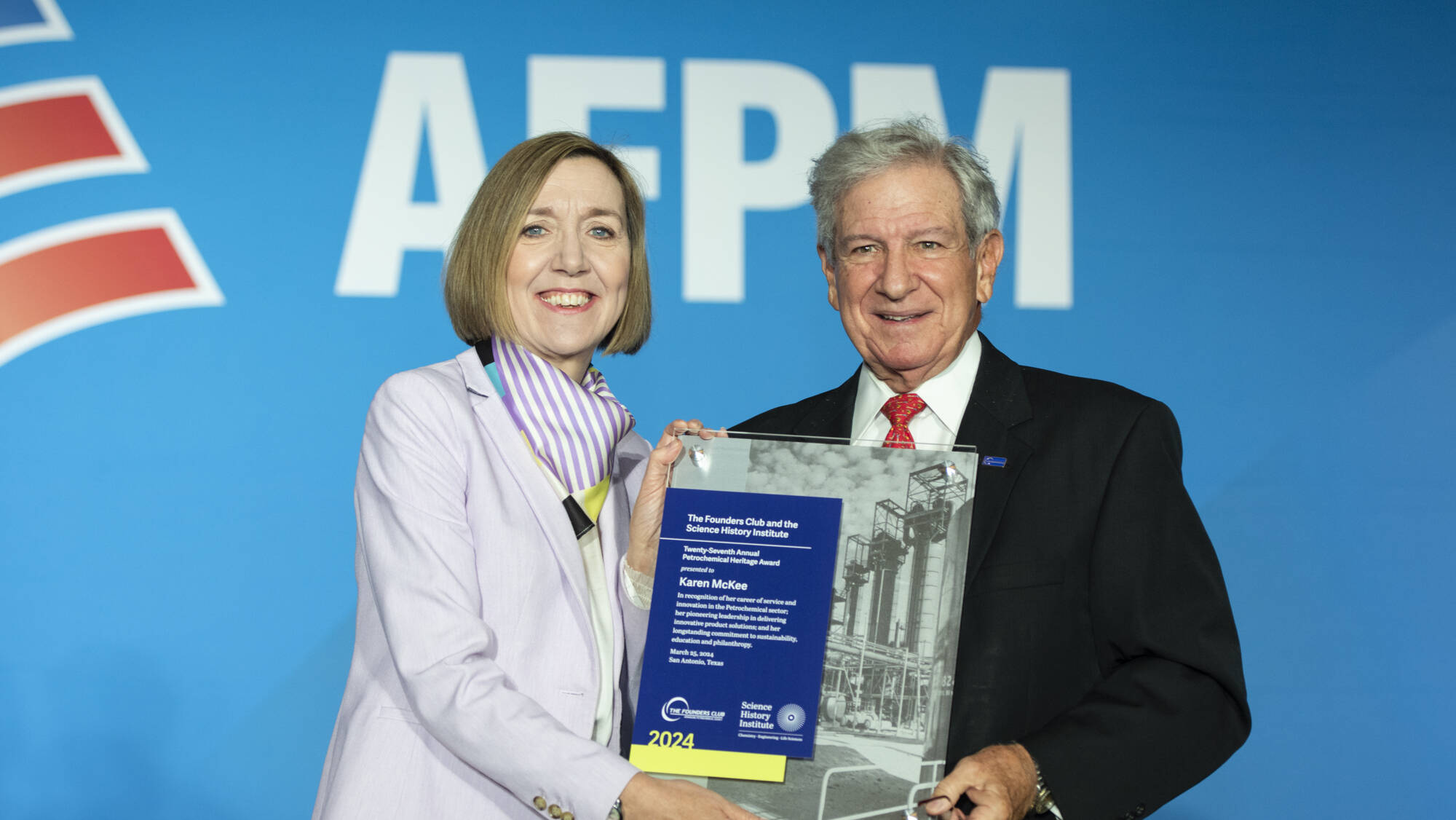
Karen McKee wins prestigious industry award
7 min read
•